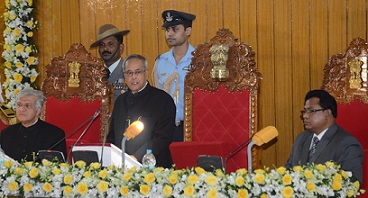
Shillong, October 21: Even as President Pranab Mukherjee observed that 787 MPs, 4225 legislators of the 28 states cannot speak on behalf of 122 crore plus people, he underscored the importance of engaging in dialogue with the ngos and members of the civil societies saying that the divergence of democracy can be narrowed down to dialogue.
Addressing the Meghalaya state assembly legislators on his maiden visit as the country’s President on Monday, Mukherjee said civil societies, and ngos have to play a role and express views of the people too.
Mukherjee’s statement to the legislators of Meghalaya gains significance as the ngos of the state have been agitating for the introduction of the Inner Line Permit (ILP) to control influx, but the state government want to implement other mechanism which it said is much effective in controlling illegal immigration into the state. Now as the ngos and the state government refuses to budge from their respective stand, the former have been agitating and calling bandhs and road blockades to press for their demand.
In the course of his twenty- five minute extempore speech, Mukherjee mentioned the importance of all institutions in which India’s democracy rest upon. He said, “Independent judiciary is most important institution in which our constitution has given it the right to interpret the law. Lawmakers make law and the courts have the right to interpret the laws in the context of the constitution.”
Mukherjee also underscored at length the need for holding longer sessions of parliament and state legislative assemblies of so that extensive deliberations and debates on various financial plans of the respective governments can take place.
Mukherjee said, “This is one area where I would like to suggest that more time should be given to debate/discuss and scrutinize so that the executive is kept on its toes.”
Taking a dim view of the fact that many state assemblies meet for just five to six weeks in the whole year, Mukherjee said, “Nothing prevents for calling frequent sessions of parliament and assemblies and to meet for longer period.” He also informed that the constitutional provisions provided that there should not be a gap of 180 days between the last day of the last session and the first day of the next session.
Stressing on the need for the legislatives to give more time to discuss and deliberate on finance, money, plan, budget, expenditure and proposal, Mukherjee said, “This is important because the financial plan size of the country has gone up from a mere Rs 271 crore in 1947/48 to a mammoth Rs 16 lakh crore for 2013/14.”
Mukherjee reminded the Meghalaya legislative assembly legislators that every amount sanctioned was scrutinized by the CAG, their AGs, report placed before the Assembly where the Public Accounts Committee scrutinizes all that the executive express before approving it. He said, “The committee is manned by you (MLAs).”
Mukherjee however rued that today ‘disruption’ has encroached and become the ‘fourth D’ besides Debate, Dissention and Decision in India’s democracy which affects the normal functioning of parliamentary democracy.
Mukherjee said, “Nowadays, I find that a fourth ‘D’ has surreptitiously encroached into the area of democracy and that is disruption (of the proceedings of the House).”
According to Mukherjee, the fourth D denies every elected member a chance to express his/her views in the floor of the house while drawing references to the frequent disruptions taking place in parliament and in state legislative assemblies.
Mukherjee said if the MPs and legislators do not do their duty and indulge in indiscipline and involve in disruption of the proceeding of the house it is a great mistrust which the people have given them, a great betrayal to the people.
Mukherjee felt that the best way an elected member can contribute and do justice to the people who elected him/her is “never to disrupt” and allow others to speak.
Mukherjee defined democracy as the most ‘sophisticated instrument of modern statecraft’ and said, “If they (legislators/MPs) indulge in disruption, this is complete betrayal to the trust of the people who have entrusted. How democracy can function (with such frequent disruptions).”- By Our Reporter

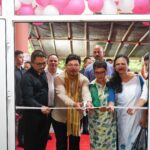
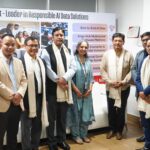
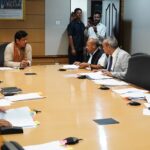
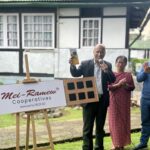

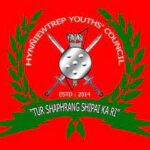





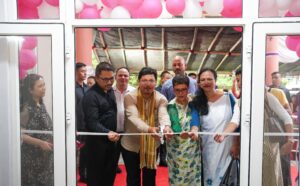
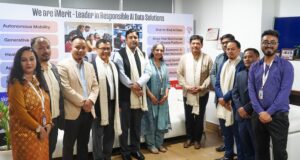
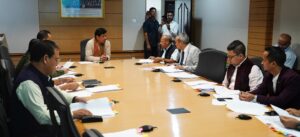
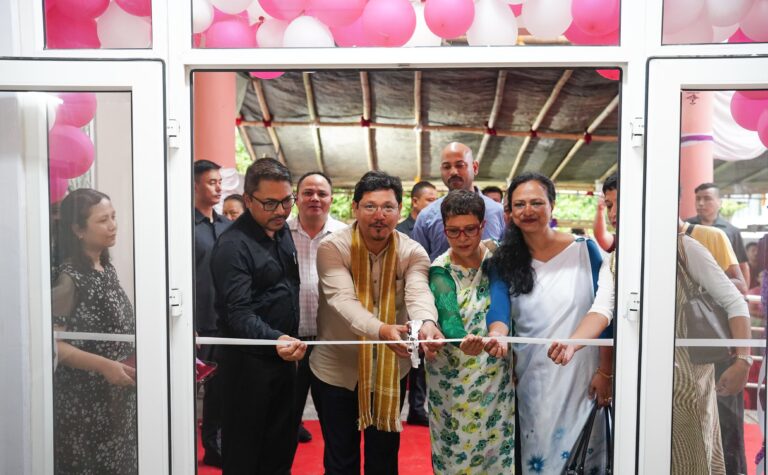
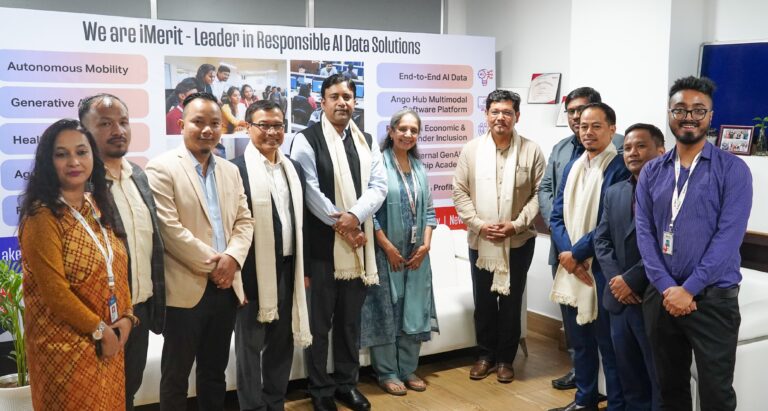
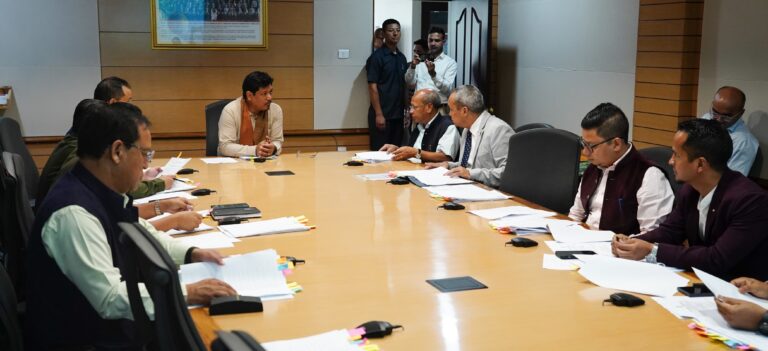

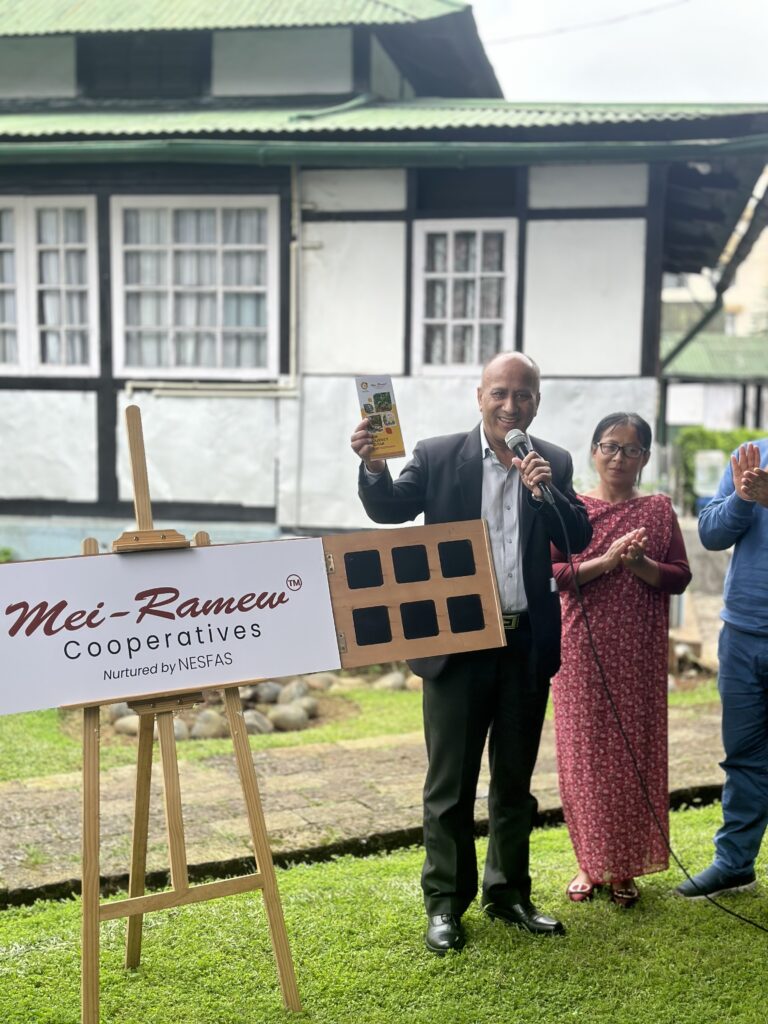
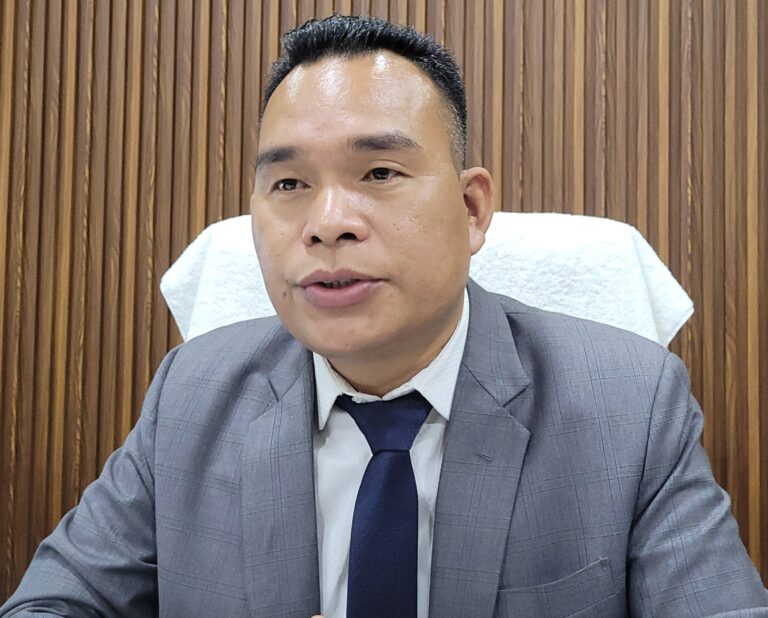
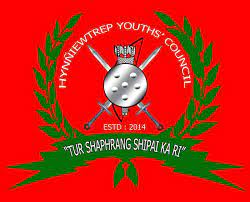

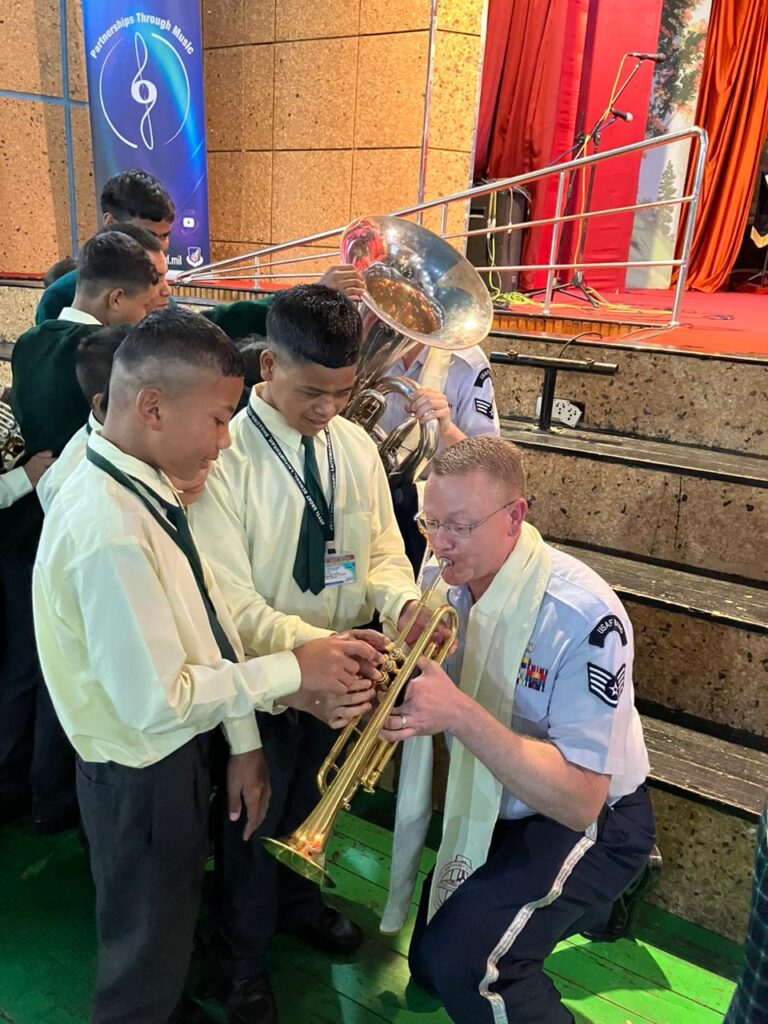
+ There are no comments
Add yours